
Start Your Free Online Course Today
Hillsdale’s free online courses feature lectures from top Hillsdale College professors and are self-paced so that our online courses students can pursue their education at their own leisure.
There are 40 courses in politics, history, literature, philosophy and religion, economics, mathematics, and the natural sciences.
Below is a list of some of our most popular courses, but you can access our full course catalog here.
We hope you'll join us and more than 3 million people in pursuing the education necessary for freedom and happiness.
Recommended Courses
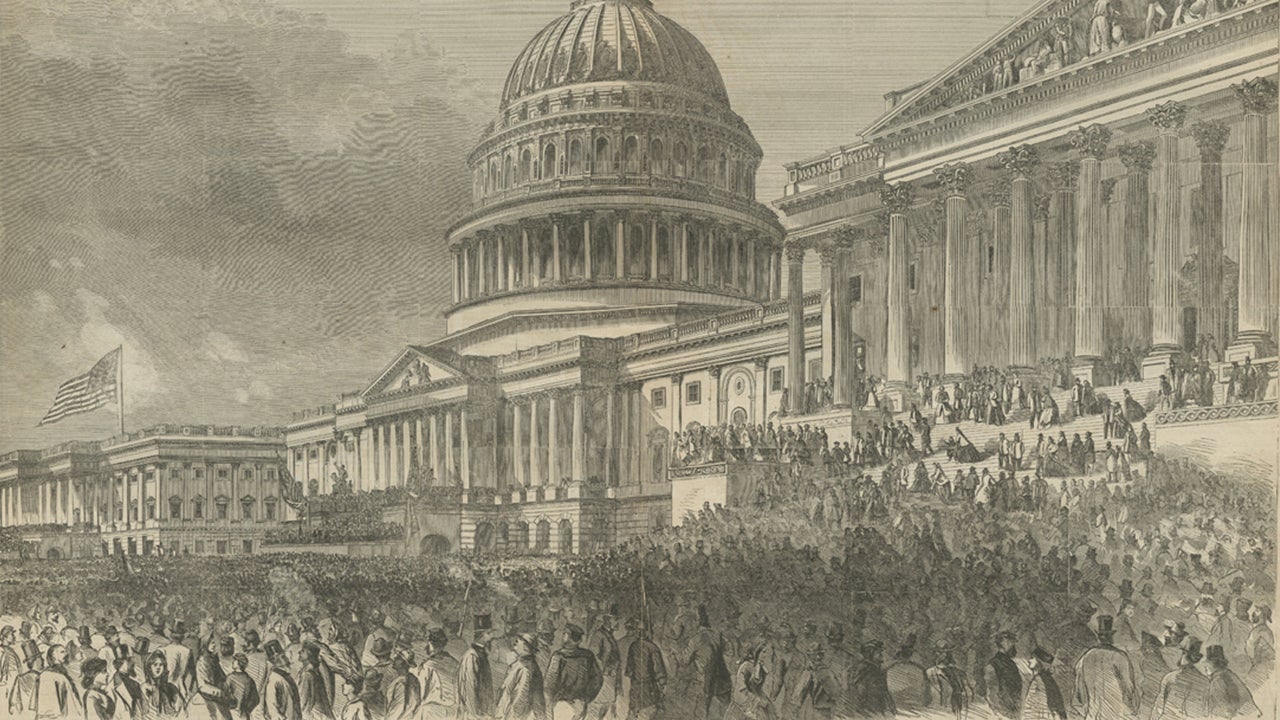
American Citizenship and Its Decline
History
For most of American history, the people, understood as citizens, have ruled through elected representatives under the terms of the Constitution. Today, the constitutional rule of citizens is threatened by a new form of government, unaccountable to the people, in which power is held by a ruling class that seeks to transform our society. This course, based on Victor Davis Hanson’s book The Dying Citizen, examines the origins and history of citizenship in the West and the grave challenges to American citizenship today.
8 Lessons
7.5h

The Second World Wars
History
World War II, the greatest armed conflict in human history, encompassed global fighting in unprecedented ways. This course analyzes Allied and Axis investments and strategies that led one side to win and the other to lose. It also considers how the war’s diverse theaters, belligerents, and ways of fighting came eventually to define a single war.
7 Lessons
7.5h
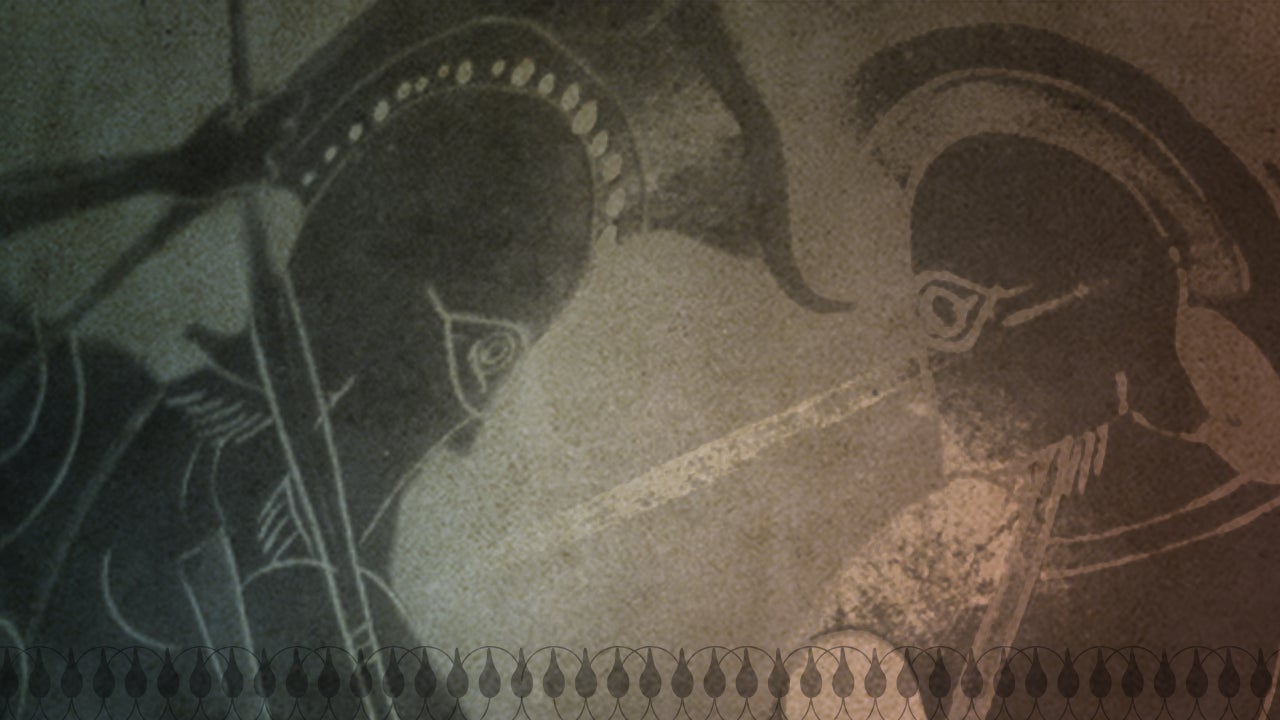
Athens and Sparta
History
A study of the ancient Greek cities of Athens and Sparta is essential for understanding the beginning of the story of Western Civilization. Moreover, such a study reveals timeless truths about the human condition that are applicable in any age. This course will consider life and government in Athens and Sparta, examine their respective roles in the Persian and Peloponnesian Wars, and offer some conclusions regarding their continuing relevance.
9 Lessons
7h
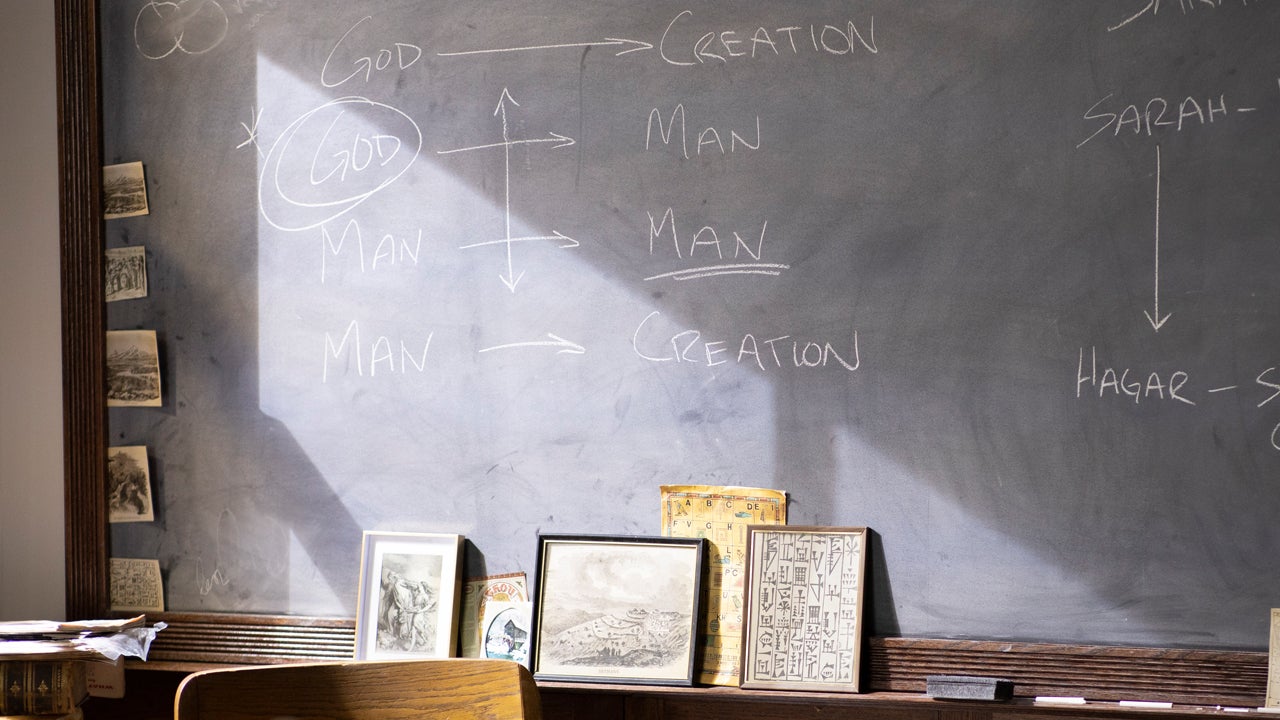
The Genesis Story: Reading Biblical Narratives
Literature
Genesis is a book of fundamental importance for the Jewish and Christian faiths and has exerted a profound influence on Western Civilization. In addition to being a great religious text, it is also a literary masterpiece. This course explores some of the work’s major narrative themes, including the complex relationship between God and man, the consequences of a rupture in that relationship, and the path towards reconciliation.
6 Lessons
6.5h
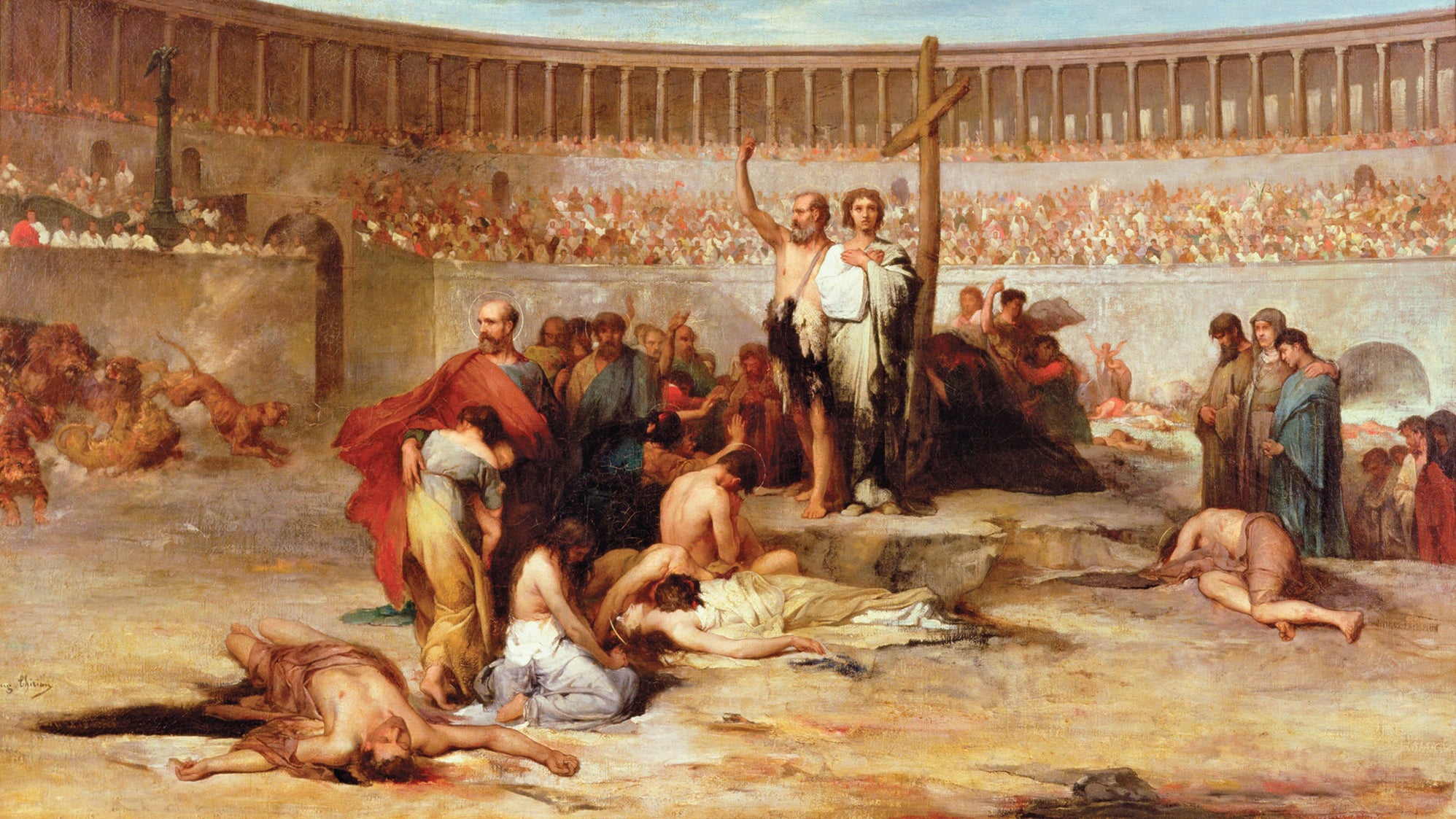
Ancient Christianity
History
Christianity emerged into a world shaped by the Roman Empire, the Jewish faith, and Greek philosophy. This course explains how the revolutionary message of the Gospel spread throughout this ancient world and how early Christians practiced their faith, endured persecution, and addressed theological questions and controversies.
11 Lessons
9.5h
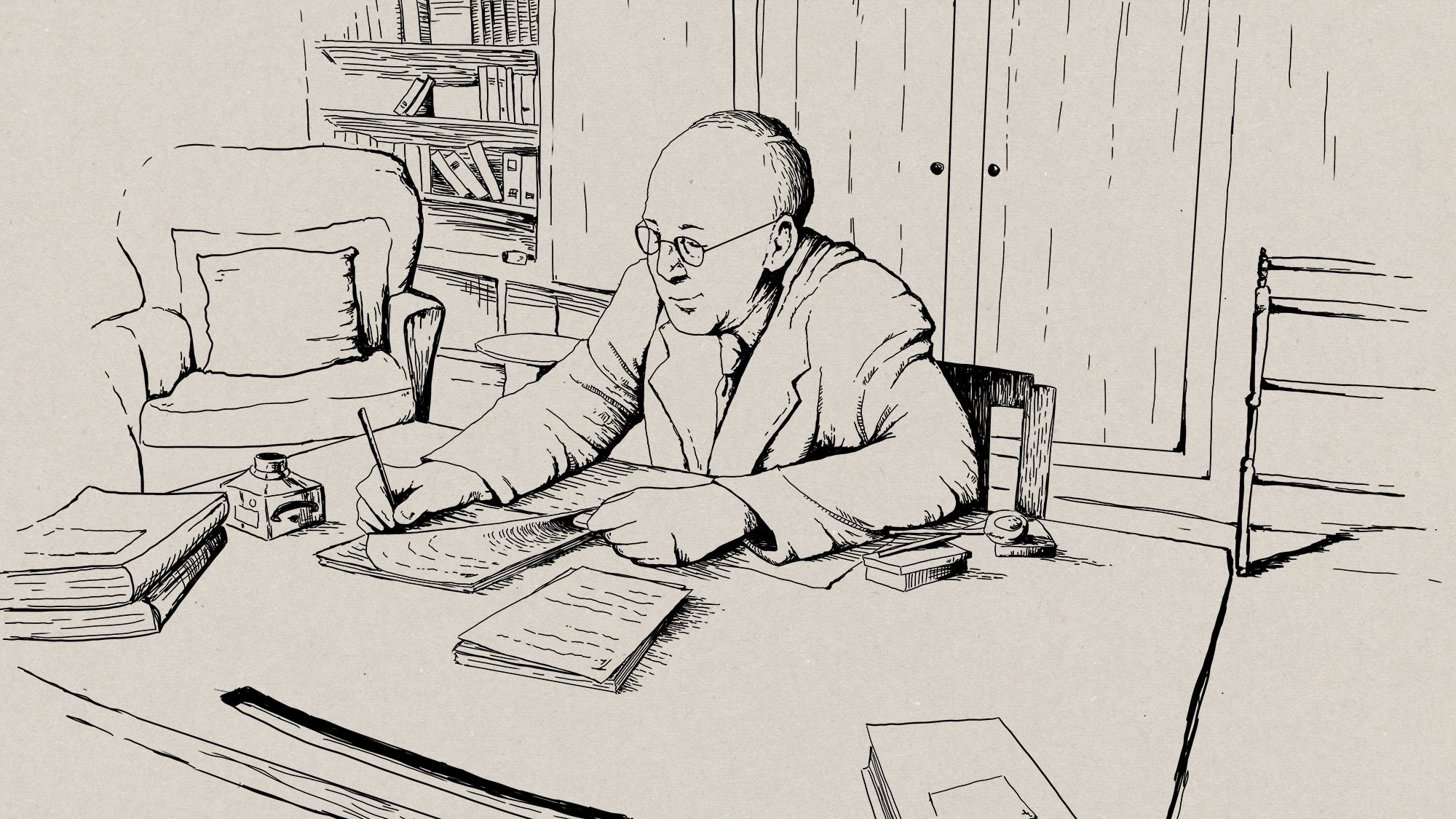
C.S. Lewis on Christianity
Philosophy & Religion
C.S. Lewis is the best modern writer at explaining the truth and goodness of the Christian faith. Through his imaginative and invigorating style, Lewis answers the eternal questions of theology in a manner that attracts those outside Christianity and strengthens those within the faith. This course examines Lewis’s writings about morality, conversion, prayer, the Bible, suffering, and the afterlife.
7 Lessons
5.5h

Constitution 101: The Meaning and History of the Constitution
Politics
The Constitution established a limited government, but a government with sufficient powers to protect Americans’ God-given rights to “Life, Liberty, and the pursuit of Happiness.” This course examines the design and purpose of the Constitution, the challenges it faced during the Civil War, how it has been undermined for over a century by progressivism and post-1960s liberalism, and how limited government under the Constitution might be revived.
12 Lessons
10.5h
What Current Students Are Saying
The lecture is wonderfully delivered. The material is both comprehensive and informative and actually brings clarity to many events occurring both before the coming of Christ, during his life on Earth, and during the developmental years of Christianity.